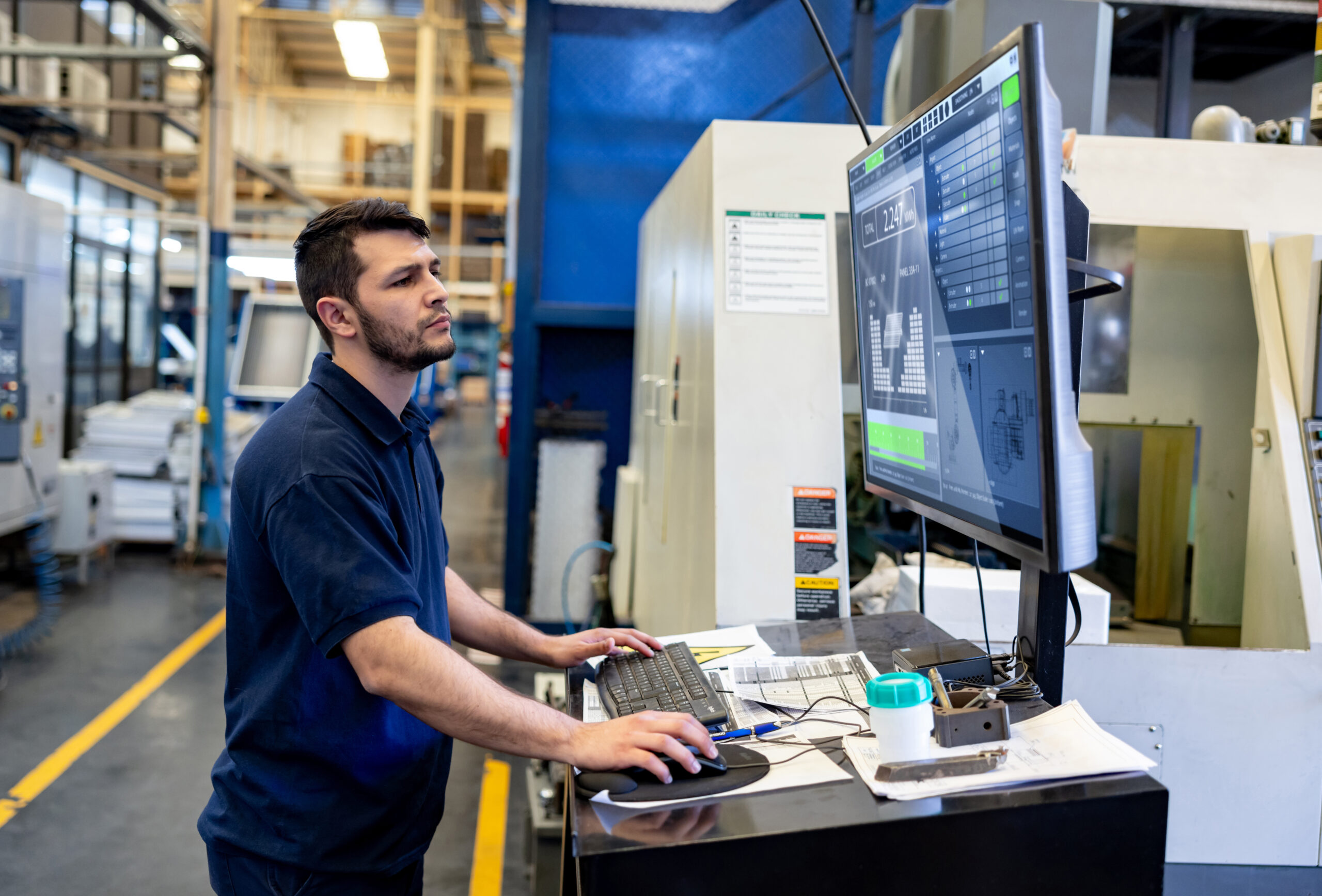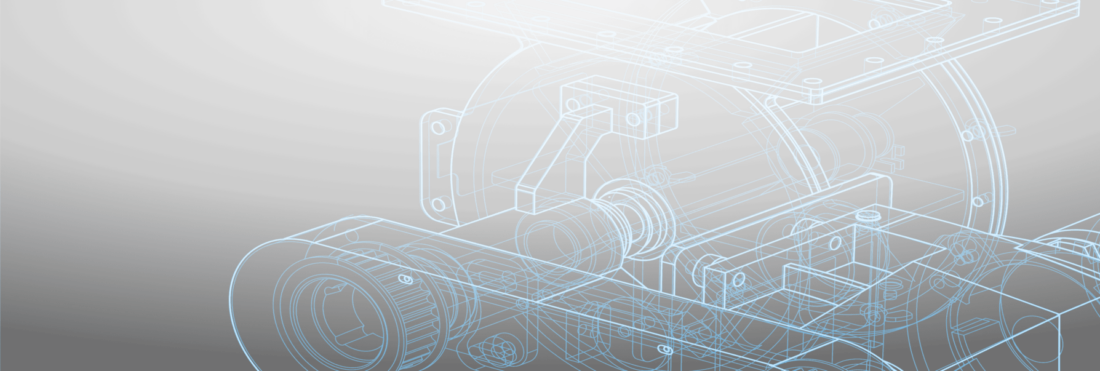
ERPs are indispensable to manufacturing companies. They are the industry gold standard for a reason — nothing streamlines business processes, provides accurate real-time data, and reduces costs better than an ERP system.
In our Back to Basics series, we’ve already talked about the basics of an ERP system, and the fundamental building blocks of an ERP. Now it’s time to move our focus to why you need an ERP in your shop: Let’s take a look at the top 5 benefits of an ERP system for manufacturers.
1. Real-Time Data (+ One Single Source for Your Data)
You probably feel like you have heard this term over and over again from ERP providers, and you practically can’t read an article about ERPs without the term — real-time data — popping up.
But the thing is, it really is that important.
Real-time data has revolutionized the manufacturing industry, and changed how shops are managed and goods are manufactured. The real-time data provided by ERPs lets you know which of your production processes, machines, work centers, and product lines are operating at high levels of quality and efficiency, and which aren’t — so you can make changes quickly and fix any issues before they get out of hand.
Real-time data lets you continually track, control, and fine-tune your shop for maximum efficiency. With it you can oversee your shop floor schedule, consistently improve product quality, and maintain your equipment to create a higher-performing manufacturing plant.
And don’t forget that ERPs also give you a single source of truth for your data too, giving you greater data security. ERPs create a central repository for your data that has closely monitored access points and user permissions — reducing your susceptibility to human error and stopping people from accidentally accessing and changing data — to ensure that you always have accurate, trusted, and safe data.
2. Streamlined Business Processes and Improved Efficiency
ERPs help you increase your shop’s efficiency because they streamline your business processes.
For example, with an ERP system you can automatically keep track of the inventory you use on each job which in turn will let you do proper production planning as you know exactly the amount of raw materials you have on-hand, and what you need to order to complete a job.
Take a look at Motrec Industries. Before they used Genius ERP for inventory management, they would close down for 3 days and spend $400,000 on taking their inventory. With Genius ERP they now use the automatic and integrated cycle count for their inventory, saving them hundreds of thousands of dollars, increasing the accuracy of their inventory, lowering the amount of inventory on-hand, and reducing the time spent on purchasing.
ERPs streamline your tasks and business processes, so that you can do things faster, better, and with more consistency.
3. Better Collaboration Amongst Your Teams
Using one integrated system across your organization — from accounting to engineering to production to shipping — will increase collaboration across your shop.
All of your staff can work off of the same centralized shared database, making it easy to share accurate data and information between departments. ERPs break down information silos to create a more open, transparent, and collaborative workplace.
4. Reduced Costs
Remeber Motrec Industries above? They saved $400,00 on inventory management costs alone when they started using Genius ERP to track inventory.
ERPs reduce operational and administrative costs because they help you better manage every aspect of your shop. From labor costs to supply chain management to your engineering department, an ERP will make you more efficient, lowering your operational costs. For example, ERPs can help you better manage things like long-lead items to prevent costly delays in production.
You will also lower your administrative costs, in part because you will only have the costs associated with one software system — and the maintenance costs of one software — to pay.
In fact, a recent study by the Aberdeen Group found that an ERP solution could reduce operational costs by 23%, reduce administration costs by 22% and increase on-time deliveries by 24%.
5. Better Analytics
We could write a whole blog post on this topic — in fact, we’ve written more than one — but there is just so much to say about how ERPs give you improved business analytics.
In the past manufacturers needed to comb through numerous spreadsheets and systems to pull out relevant data, and then analyze the data to create meaningful reports. But now, the right ERP will not only house all of your data in one place, but will have built-in business intelligence (BI) tools to analyze data and create powerful reports to help you become more effective and productive — and make better decisions about your manufacturing business.
You also don’t need to have a PhD be a data scientist to understand the data and information ERPs will give you.
A good quality ERP system will have a full range of helpful and easy-to-understand reports built into ot. These reports will help you to analyze your operations, see where you need to make improvements, and make it easy to keep on top of your key performance indicators (KPIs).
Armed with the right data, you will be able to set the right direction for the future of your business.
—-
Get all the benefits of an ERP system working for you. Demo Genius ERP today to see how it can improve your business.
Get your eBook Scared to implement a new ERP?
"*" indicates required fields



